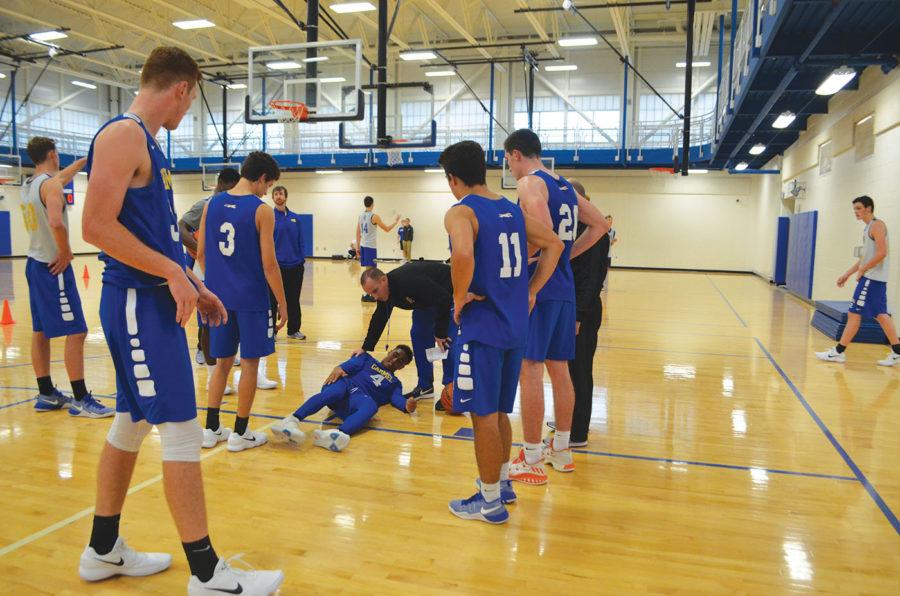Not only do student athletes have to balance their time between their athletics and school work, but for those participating in winter athletics they have to deal with the common effects of Seasonal Affective Disorder, also known as SAD due to its negative effects on the brain.
“Seasonal Affective Disorder is abbreviated SAD for a reason. So Seasonal Affective Disorder is just a general feeling of sadness, just kind of being a little more irritable than normal. The average person experiences that especially if you live near the same latitude Indiana is, but it can range in severity to where it has such a strong effect on people it’s more Seasonal Depression, and it’s more of a full blown event versus just (an) irritability,” Anatomy teacher Erin Odya said.
Odya said SAD is a result of lack of sunlight because the body doesn’t receive the Vitamin D it needs to intake, putting the individual in a bad mood. Odya also said the disorder causes the pineal gland to release melatonin when a person has low energy, causing the person to feel sleepy. Since CHS is located in Indiana, Odya said most students will feel the effects during the winter because it becomes dark out at 5 p.m. and the light change messes with students’ well being.
For athletes such as wrestler and junior Jackson “Jack” Heldt, and Sophia “Sophie” Bair, basketball player and junior, said they have to balance the effects of SAD on top of managing school work and athletics.
Heldt said via email, “It’s difficult because you put your body through so much physically and then mentally. When you can’t get the right amount of sleep, it takes a toll on you. Sometimes I have to wake up at 5 a.m. to finish my homework or I have to stay up until midnight.”
Bair also said she feels the effects of the stress, especially on game nights when she said she usually doesn’t get home until 10:30 p.m., subsequently beginning her homework at 11 p.m..
“Well the effects are obviously negative because when you’re in school and you’re supposed to be paying attention, and all you can think about is how you got two hours of sleep last night, that’s not healthy,” Bair said.
Both athletes said they have ideal plans they try to follow in order to balance all of their work and stress, but they can’t always follow through due to unpredicted circumstances. Held said he tries to take advantage of SRT to catch up all of his work because he doesn’t have much time outside of school.
“Time management is very important. What I would do if I were a good student is I would break it up and devot certain time to sports, sometimes school work and once it gets too late you just have to sleep, ” Bair said.
Odya said SAD symptoms take a toll on students and that she adjusts her schedule during the winter season to best benefit her students dealing with the effects.
“It’s hard as a teacher trying to balance school work because (of the) daylight savings change. Before we did daylight savings you got used to the change, it was gradual. (Now), daylight savings is all of the sudden, out of nowhere, dark at five, and so your body does start getting tired, but it’s like 6 p.m. you haven’t had dinner and your body feels ready for bed. Which, means your brain is ready for bed, and that’s prime work time. So, it’s really hard to stay motivated because your body is trying to tell you to go to sleep, that’s what the pineal gland does.” Odya said. “So yeah, it’s really hard to keep students motivated, you have to break everything down into small parts, which is what you’re supposed to do all the time anyway, but it’s extra important to take those breaks, move around physically to wake your brain back up because that pineal gland is trying to tell you to go to sleep.”



















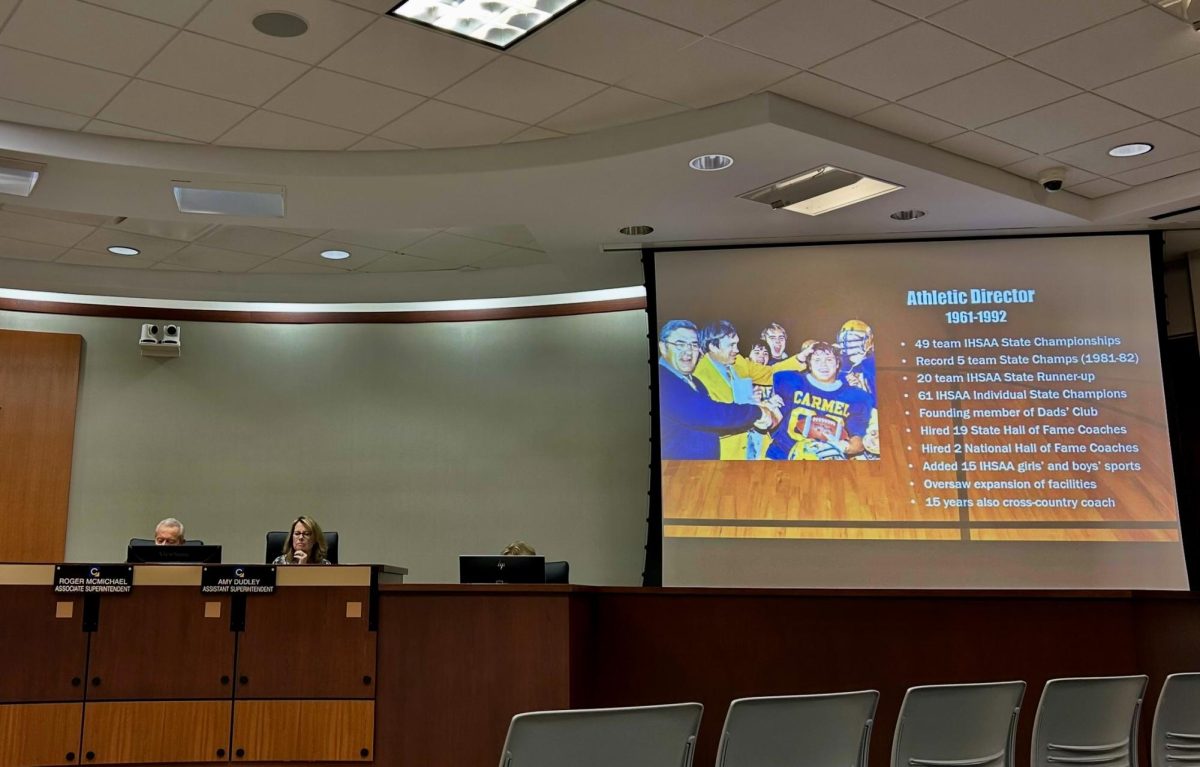
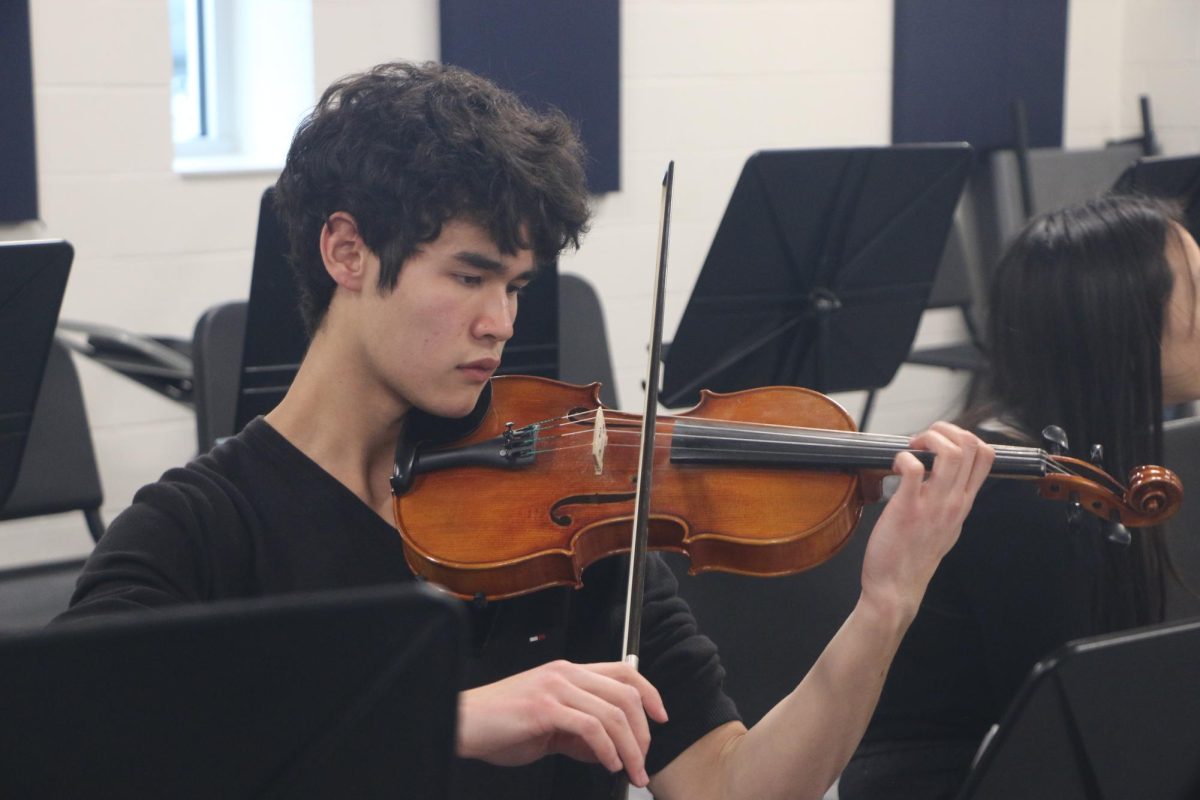




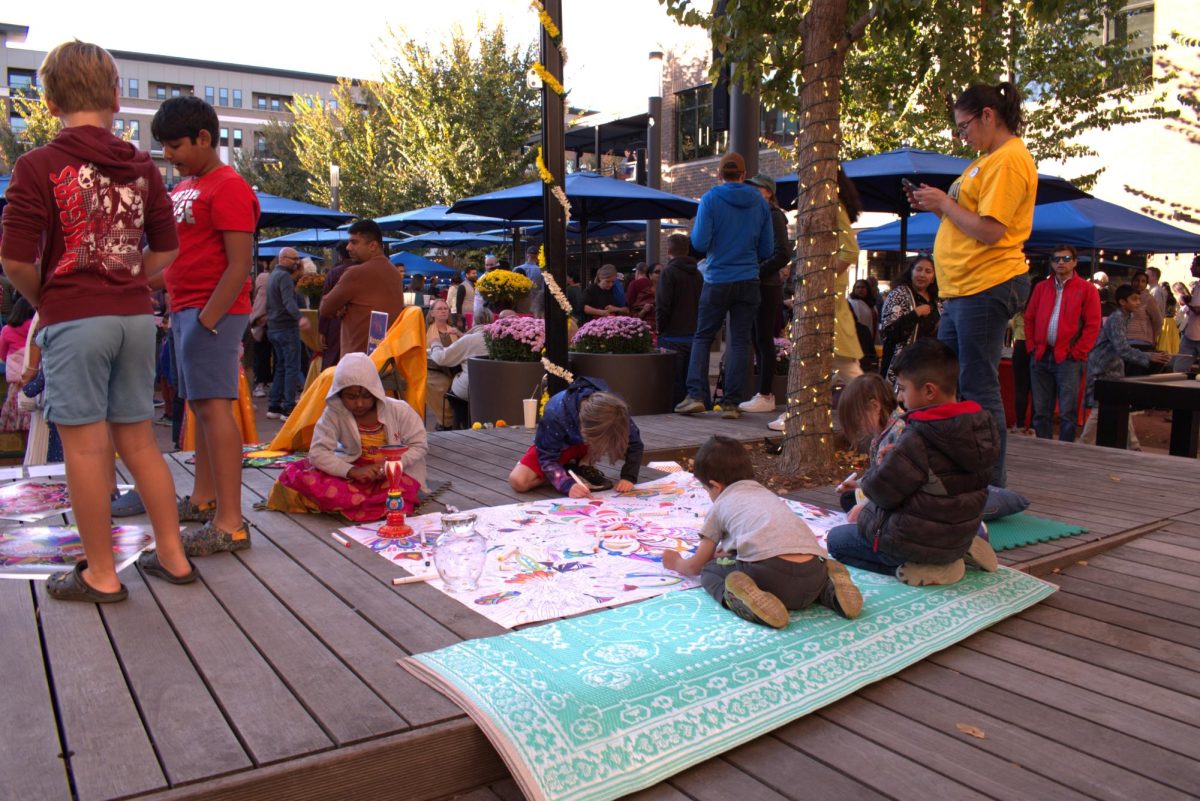


![Keep the New Gloves: Fighter Safety Is Non-Negotiable [opinion]](https://hilite.org/wp-content/uploads/2024/12/ufcglovescolumncover-1200x471.png)






!["Wicked" poster controversy sparks a debate about the importance of accuracy versus artistic freedom [opinion]](https://hilite.org/wp-content/uploads/2024/11/riva-perspective-cover-1200x471.jpg)





































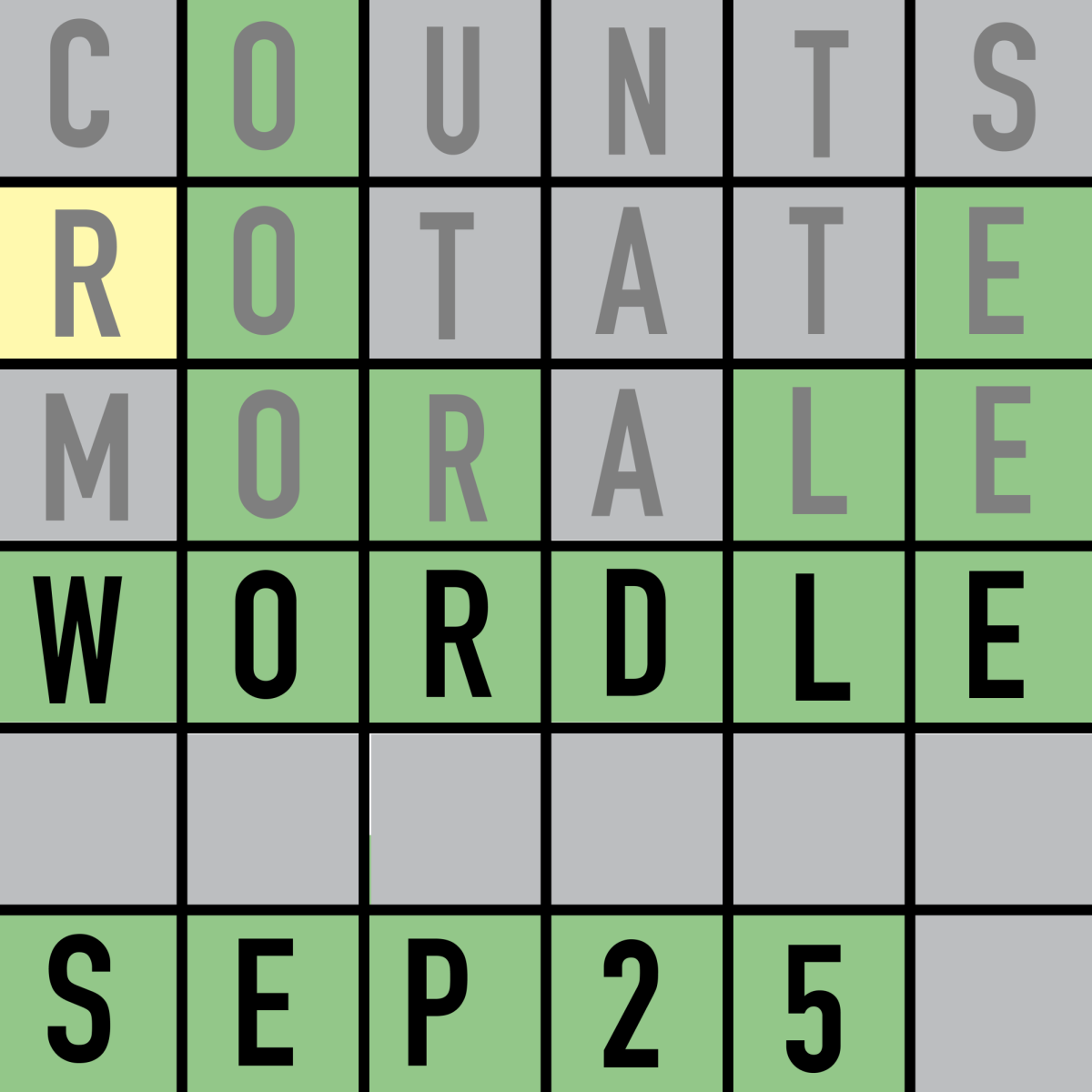



![Review: “We Live in Time” leaves you wanting more [MUSE]](https://hilite.org/wp-content/uploads/2024/12/IMG_6358.jpg)
![Review: The premise of "Culinary Class Wars" is refreshingly unique and deserving of more attention [MUSE]](https://hilite.org/wp-content/uploads/2024/12/MUSE-class-wars-cover-2.png)
![Introducing: "The Muses Who Stole Christmas," a collection of reviews for you to follow through winter [MUSE]](https://hilite.org/wp-content/uploads/2024/12/winter-muse-4.gif)
![Review: "Meet Me Next Christmas" is a cheesy and predictable watch, but it was worth every minute [MUSE]](https://hilite.org/wp-content/uploads/2024/11/AAAAQVfRG2gwEuLhXTGm3856HuX2MTNs31Ok7fGgIVCoZbyeugVs1F4DZs-DgP0XadTDrnXHlbQo4DerjRXand9H1JKPM06cENmLl2RsINud2DMqIHzpXFS2n4zOkL3dr5m5i0nIVb3Cu3ataT_W2zGeDAJNd_E-1200x884.jpg)
![Review: "Gilmore Girls", the perfect fall show [MUSE]](https://hilite.org/wp-content/uploads/2024/11/gilmore-girls.png)
![Review in Print: Maripaz Villar brings a delightfully unique style to the world of WEBTOON [MUSE]](https://hilite.org/wp-content/uploads/2023/12/maripazcover-1200x960.jpg)
![Review: “The Sword of Kaigen” is a masterpiece [MUSE]](https://hilite.org/wp-content/uploads/2023/11/Screenshot-2023-11-26-201051.png)
![Review: Gateron Oil Kings, great linear switches, okay price [MUSE]](https://hilite.org/wp-content/uploads/2023/11/Screenshot-2023-11-26-200553.png)
![Review: “A Haunting in Venice” is a significant improvement from other Agatha Christie adaptations [MUSE]](https://hilite.org/wp-content/uploads/2023/11/e7ee2938a6d422669771bce6d8088521.jpg)
![Review: A Thanksgiving story from elementary school, still just as interesting [MUSE]](https://hilite.org/wp-content/uploads/2023/11/Screenshot-2023-11-26-195514-987x1200.png)
![Review: "When I Fly Towards You", cute, uplifting youth drama [MUSE]](https://hilite.org/wp-content/uploads/2023/09/When-I-Fly-Towards-You-Chinese-drama.png)
![Postcards from Muse: Hawaii Travel Diary [MUSE]](https://hilite.org/wp-content/uploads/2023/09/My-project-1-1200x1200.jpg)
![Review: "Ladybug & Cat Noir: The Movie," departure from original show [MUSE]](https://hilite.org/wp-content/uploads/2023/09/Ladybug__Cat_Noir_-_The_Movie_poster.jpg)
![Review in Print: "Hidden Love" is the cute, uplifting drama everyone needs [MUSE]](https://hilite.org/wp-content/uploads/2023/09/hiddenlovecover-e1693597208225-1030x1200.png)
![Review in Print: "Heartstopper" is the heartwarming queer romance we all need [MUSE]](https://hilite.org/wp-content/uploads/2023/08/museheartstoppercover-1200x654.png)




